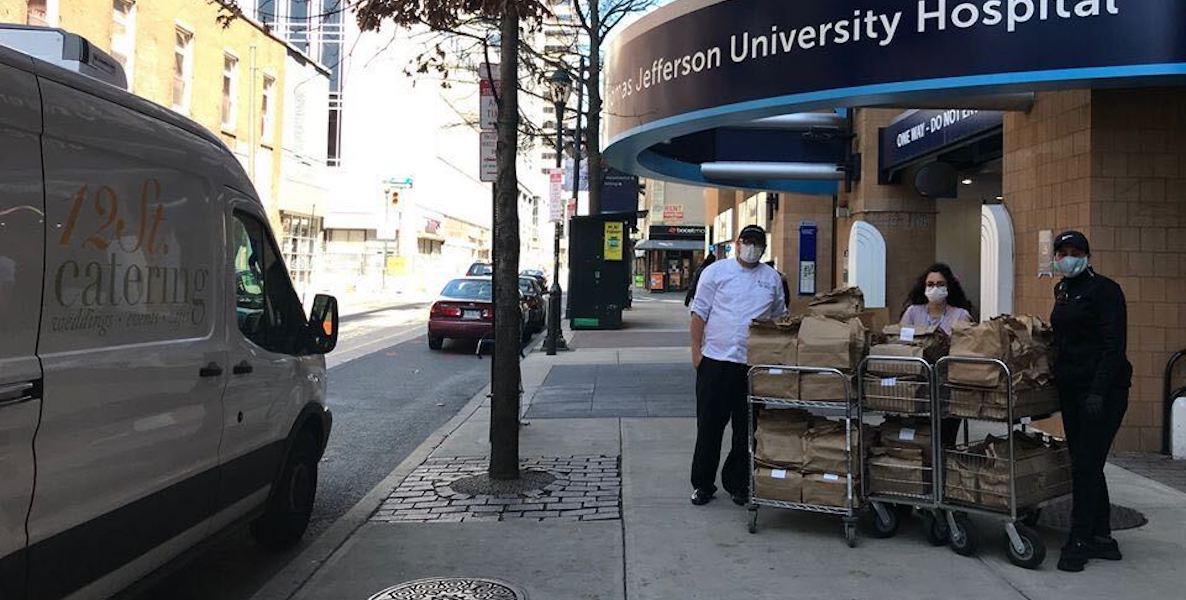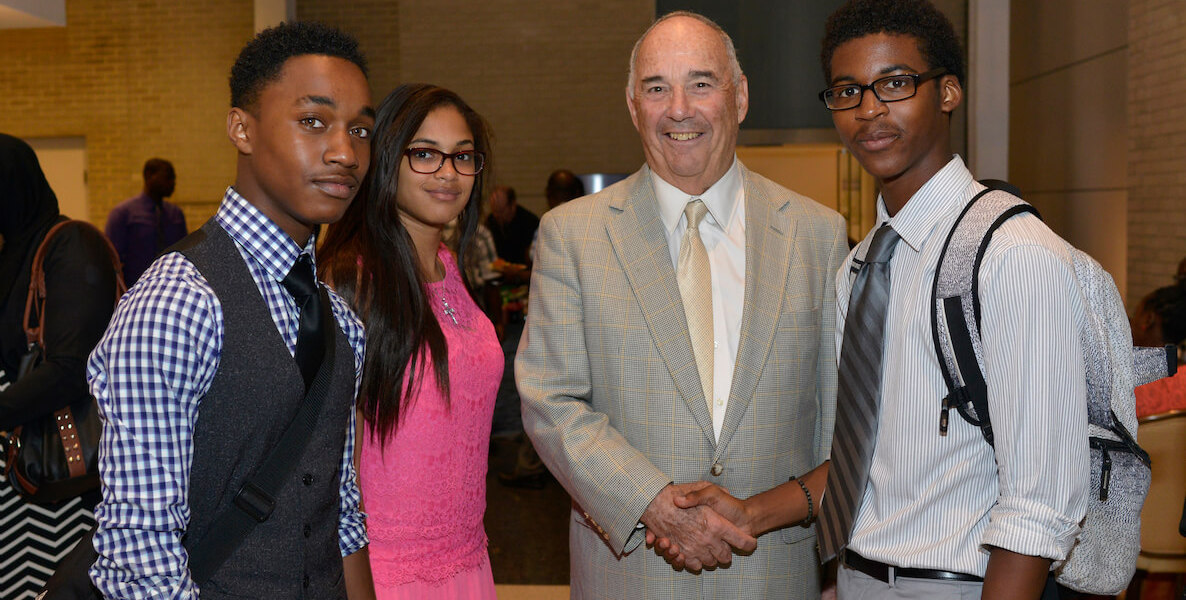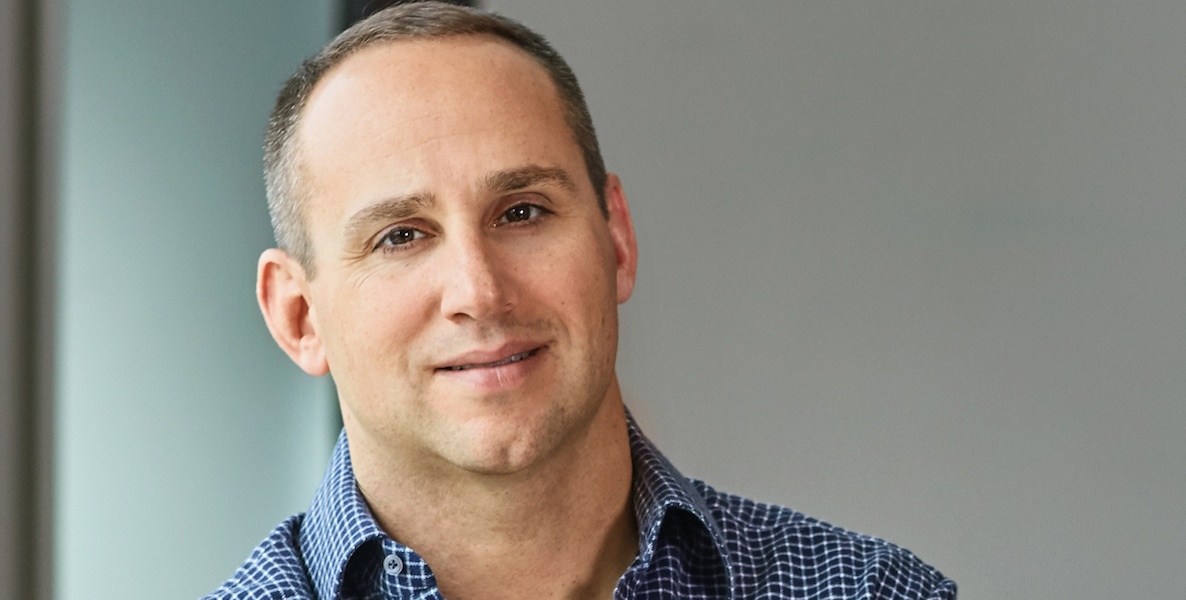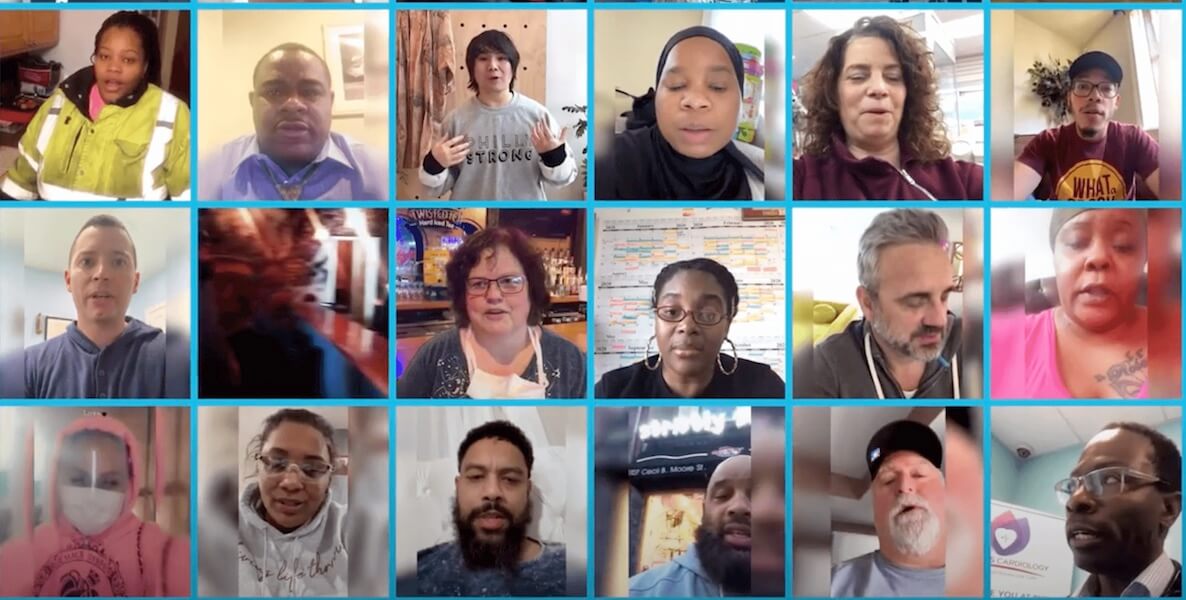![]() Say what you will about Ed Satell, but he gets CEOs to turn out.
Say what you will about Ed Satell, but he gets CEOs to turn out.
Last fall, I attended one of his invitation-only Satell Institute CEO summits, wherein a who’s who of Philadelphia’s business community comes together with leaders of local nonprofits, and Satell plays a dual role: Part matchmaker between the two groups, part evangelist for the idea of businesses “giving back.”
B Corps, Double and Triple Bottom Lines, Conscious Capitalism—these are all ideas that have gained traction in recent years, but Satell doesn’t necessarily speak that language. No, Satell, who is in his eighties, is more of a throwback.
He made his fortune in B to B publishing (more on that later), and founded his eponymous institute four years ago. It’s a “think and do tank” for Corporate Social Responsibility (CSR); in 2016, Satell staked it to the tune of a $15 million endowment and he invited bold-face name CEOs to sign up by committing to donate at least $25,000 a year for four years to area nonprofits of their choice.
Satell’s institute takes nothing off the top: 100 percent of members’ contributions goes to their chosen nonprofits. To date, in excess of 70 companies have supported over some nearly 80 area nonprofits to the tune of roughly $10 million in funding commitments.![]()
CEOs partake in Satell’s invitation-only convenings (the next one is virtual, “Leadership For Recovery CEO Conference” on June 24) and, if they so choose, take advantage of the research on CSR produced by the Institute in partnership with institutions that include Penn and Harvard.
“People like Larry Fink of Blackrock are now saying that business has an obligation to do good,” says Marc Brownstein, CEO of Brownstein Group marketing communications agency. “Well, Ed was doing that before it was so popular.”
When nonprofits found themselves in existential crisis, there was Satell last month, writing a personal check for $1 million and asking his community of CEOs to match it: Within two weeks, they’d done more than that. Over $3 million was distributed by members to the Institute’s nonprofit “affiliates.”
“Ed has real influence, real capital and a real vision for making Philadelphia better,” notes Bill Sasso, chairman of the Stradley Ronon law firm and a civic force himself. “He steps up. That’s leadership.”
“It ripped at my heart.”
Early last month, Satell seemed to illustrate Sasso’s point. He couldn’t bear to hear the stories of how the pandemic was decimating his beloved nonprofits. “It ripped at my heart,” he told me last week. “Like so many people, I was wondering, ‘How can I help?’”
Any conversation with Satell will inevitably come around to two themes: His reverence for America’s Founding Fathers—Brownstein calls him a walking history lesson—and his passion for nonprofits, which he calls “the unsung heroes of communities.”
He champions the power of the free market, but recognizes its limitations. “Nonprofits generally handle many of the tough problems businesses and government don’t feel capable of handling, or don’t want to handle,” he says, “such as alcoholism, dyslexia, other childhood development and educational issues, fighting disease.”
So, when nonprofits found themselves in existential crisis, there was Satell last month, writing a personal check for $1 million and asking his community of CEOs to match it: Within two weeks, they’d done more than that. Over $3 million was distributed by members to the institute’s nonprofit “affiliates.”
When I attended the Satell Institute CEO conference last fall, Mike Dershowitz, the CEO of Fair Trade Outsourcing, asked a pointed question. Fair Trade Outsourcing is a “people-first BPO (Business Processing Output) company that uses the power of the free market to fight poverty and promote moral leadership.”
The Citizen has written about Dershowitz, a business for good cheerleader, in the past. On that morning, the CEOs in attendance had just been shown a beer company’s TV ad that outlined all the good it was doing in its community work, as an object lesson on how social impact can also inure to the bottom line. “At the end of the day,” Dershowitz asked, “aren’t they still just making beer?”
His point was that there’s a thin line between real social impact and cynical![]() marketing. That’s a conundrum addressed, for example, by the impact assessment rigor undergone by B Corps, which are denied a social impact imprimatur if, say, they give generously to deserving charities but are simultaneously dumping toxic waste into a river. But even Dershowitz concedes that what the Satell Institute has done is an important first step.
marketing. That’s a conundrum addressed, for example, by the impact assessment rigor undergone by B Corps, which are denied a social impact imprimatur if, say, they give generously to deserving charities but are simultaneously dumping toxic waste into a river. But even Dershowitz concedes that what the Satell Institute has done is an important first step.
“I think Ed is saying to CEOs, ‘I just want you guys to think about this,’” he says. “And if we get enough CEOs thinking about the difference they can make, and that doing good is good business, it will feed off itself. I get it, and I support it.”
Similarly, Satell’s embrace of all things nonprofit might also obscure qualitative differences. There is, after all, such a thing as a Non-Profit Industrial Complex in Philadelphia—organizations whose goal seems not to be to ultimately put themselves out of business so much as to keep getting paid in perpetuity. And, at a time when the income and wealth gap is in danger of eating Philadelphia, one wishes that Satell might tailor the help in that direction.
“We are cause-agnostic,” he insists. “There are so many great nonprofits in Philadelphia, they’re all deserving.”
“I think Ed is saying to CEOs, ‘I just want you guys to think about this,’” Deshowitz says. “And if we get enough CEOs thinking about the difference they can make, and that doing good is good business, it will feed off itself.”
And that gets to the heart of who Ed Satell is, it would seem: an eternal optimist and cheerleader. More than one local macher has told me of the numerous times Satell has written $100,000 checks to area nonprofits—separate and apart from the work of the institute—as an anonymous donor.
One wall of his condo is adorned with a mural depicting the 36 nonprofits at 22 institutions he supports, all of which fall into one of his five buckets of philanthropic giving: disadvantaged children; young people of promise; community and civic institutions; scientific research to discover new knowledge, and Jewish causes.
All of which gets us to motive. Why this passion?
Satell comes from humble beginnings in Springfield, Massachusetts; he grew up during the Greatest Generation years, committed to doing well for himself, but just as focused on being part of a community. He went on to found Progressive Business Publications in 1989, a Malvern-based publisher of business newsletters, and built it into a wildly successful company with over 500 telemarketing employees. By 2002, it was generating $29 million in annual gross revenue.
In the last year and a half, The Inquirer has published at least two stories chronicling complaints over PBP’s business practices. There are stories about billings for newsletters some businesses say they never ordered, and a report of a Labor Department finding that PBP employees were owed $1.9 million for being docked pay when they went to the bathroom.
In 2007, PBP actually sued the Better Business Bureau for defamation, ultimately unsuccessfully, over the Bureau’s reports on the company’s business practices.
When I ask Satell whether all of his charitable work is a legacy-seeking make good on his past business dealings, he is having none of it. “My legacy is fine,” he says, explaining that the Labor Department finding came about because “we were doing flex time before anyone else. We did it for the employees and they loved it. That was a badge of honor.”
![]() But if he is looking for some late-in-life compensations, given his personal giving and the work of the institute the last four years, it would seem that Ed Satell is likely already on the positive side of the ledger. In a town famous for a lot of talk and precious little action, the guy writes big checks to plenty of worthy causes and, more importantly, hectors others to join him.
But if he is looking for some late-in-life compensations, given his personal giving and the work of the institute the last four years, it would seem that Ed Satell is likely already on the positive side of the ledger. In a town famous for a lot of talk and precious little action, the guy writes big checks to plenty of worthy causes and, more importantly, hectors others to join him.
Though he’s at an age where crabbiness might be expected to set in, he’s full of light and positivity and enthusiasm for the future of Philadelphia.
Yep, Ed Satell is doing just fine, and he’s done good, too.
Header photo courtesy of Satell Institute





